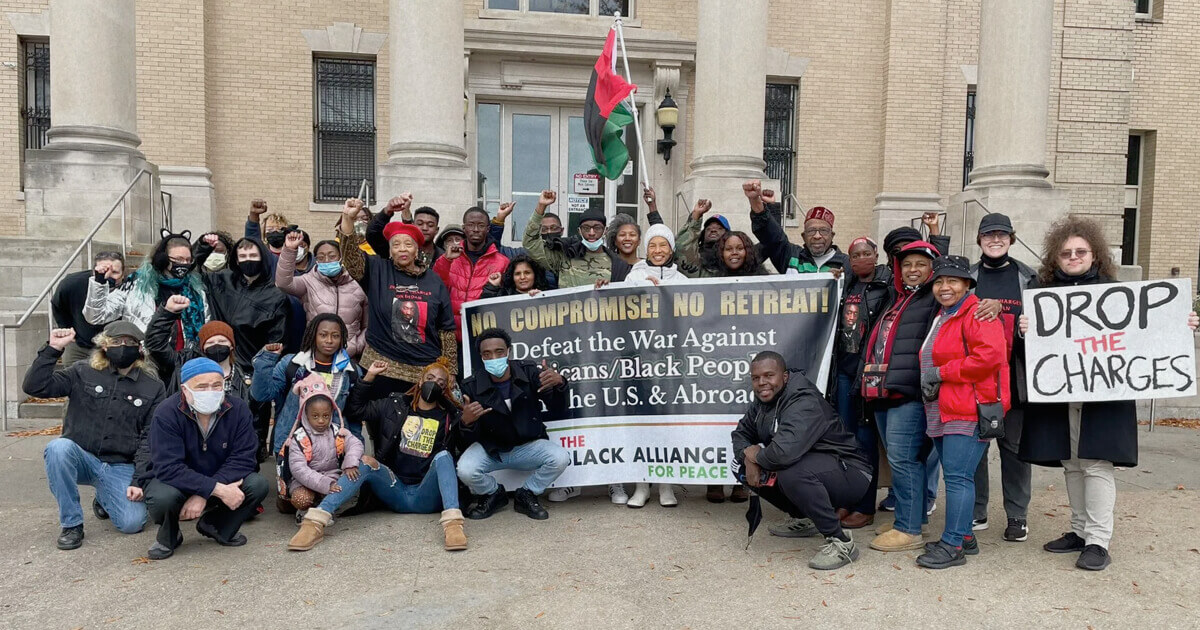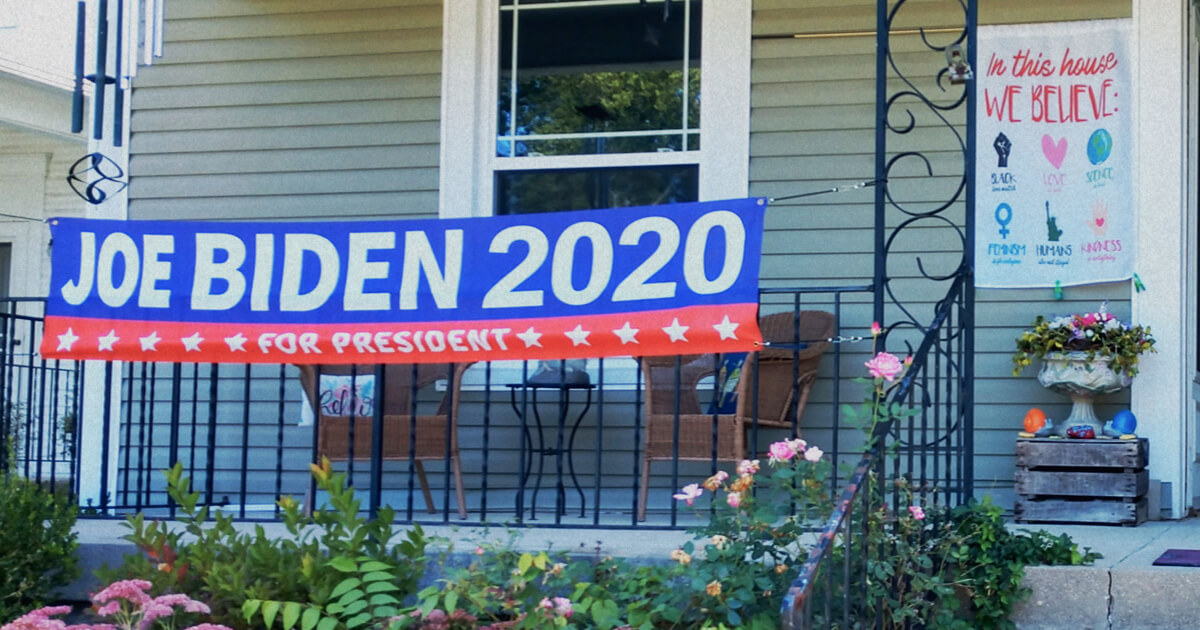One of the questions I am asked most frequently on social media, in course lectures, and during question & answer sessions is some variation of “what is to be done?” And, my most fervent response is to join an organization, contribute to that organization, and strive to embody and concretize its ethics and principles.
Curiously, there is strong push back against and opposition to this suggestion, especially on social media. In her article, “Revolutionary Organizations Matter,” Erica Caines writes,
“There are several reasons people choose not to join organizations. Lack of accessibility, disabilities, white chauvinism, and male chauvinism are all contributing factors.”
And each of these concerns are valid. Personal stories and in-depth reports abound about various forms of misconduct that make leftist organizations difficult, and sometimes dangerous, for racialized persons, women and femmes, marginalized sexualities, and those without elite educations or backgrounds. As such, those who are subjected to harassment, hierarchy, elitism, and indignity in their day-to-day lives may be reticent to volunteer their time to an organization that could have those maladies.
The question, then, is how do we engage in protracted, empowering, affirming mass struggle without organizations? Caines continues,
“The apprehensions towards joining an organization are understandable, but not entirely reasonable. Perhaps it’s essential we depersonalize the call to join an organization and try to understand the importance of organizations as it adheres to our political ideological commitments.”
Just as there are no perfect revolutionaries, there are no perfect organizations. The material realities of the United States — a right-wing, settler-colonial society fundamentally rooted in anti-Black racial oppression and patriarchal domination — coupled with the actuality that U.S. citizens are perhaps the most propagandized in the world, means that contradictions and antagonisms will be present in even the most principled organizations.
As such, part of the responsibility of belonging to the organization is building structures, cultivating trust, and engaging in criticism and self-criticism to correct, instead of concealing, these issues. This can be uncomfortable or even painful given the vitriol, slander, and destabilization efforts to which left-wing organizations are subjected and the fear of public exposure emanating therefrom. But for comradeship, community building, and effective organizing to flourish, it is imperative, as Amilcar Cabral put it, to “[h]ide nothing from the masses of our people. Tell no lies. Expose lies whenever they are told. Mask no difficulties, mistakes, failures [and] claim no easy victories…”
Effective organizations provide the space for not only collective challenge to, and disciplined struggle against, structures of domination, but also for mutual care and support, learning in community, and unlearning liberal individualism and other capitalist values. As Caines explains,
Revolutionary organizations provide avenues for addressing the issues that are affecting communities, welcoming conversations that build trust and respect through political education, group process, consensus, and mass building. Members of revolutionary organizations are principal participants and decision-makers working towards change. If this isn’t happening in an organization, then that organization is not interested in building “another world”. That organization is not for you.
As someone who only recently joined a revolutionary organization, I can attest to the immense benefits and my growth as a Black radical. I have learned, and continue to learn:
- the value of ideas and decisions reached collectively
- the quotidian, grassroots work it takes to launch successful actions and campaigns
- the importance of “revolutionary patience” with comrades and with myself
- the ability to engage in sober self-criticism
- the confidence to learn and be incorrect publicly
- the necessity of political education and testing theories through practice and collective action, thus refining and refashioning them in the process
- and to speak more clearly and effectively to non-academic audiences.
I have also developed a thicker skin, the fortitude to defend our position in a principled way, and the discernment to ignore ill-informed, bad faith, and jejune personal and political attacks and gossip parading as righteous critique. Perhaps most importantly, I have discovered a love for sharing, cooperation, and radical responsibility—things that are not always encouraged, and are even punished, in academia. To be sure, I can still be quite impatient, incredulous, overzealous, and caustic, but I am committed to becoming a better comrade, organizer, and coordinator every day.
In our current state of affairs, with so many groups under attack in the form of right-wing revanchism, rising fascism, intensified warmongering and militarism, violent imperialism, and the abrogation of rights and liberties, we need all hands on deck. Every person should be doing something to hold the line against the racialized, classed, gendered, and jingoistic violence that, as Ruthie Wilson Gilmore characterizes it, expose ever more people to premature death. But amidst the calls for mobilization, voting, mutual aid, and self-care, we must take seriously the demand to join an organization. More specifically, we must fully understand that joining a revolutionary organization, contributing to it, holding it to its ethics and ideals, and committing to organized mass struggle is absolutely essential to liberation.
Republished with permission from Hood Communist.





